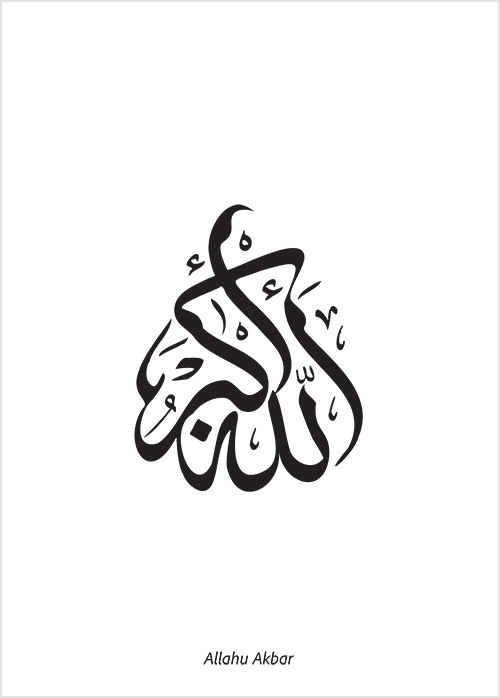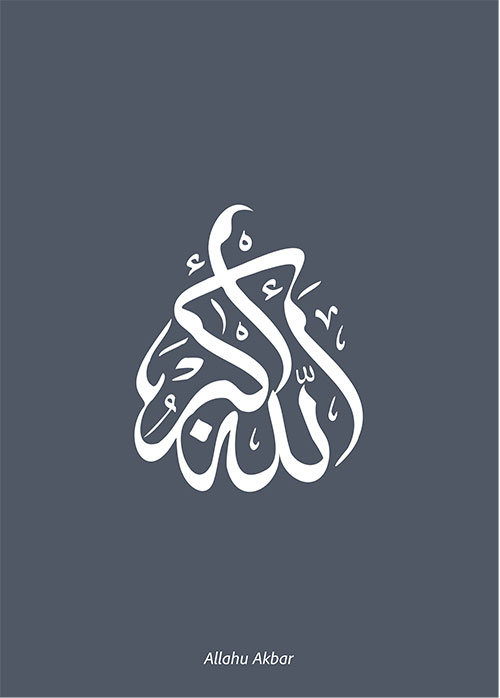

Kids Amana pink
All our posters are unique and designed and edited especially for Islamique.eu.
Artwork is made with a lot of love, please respect the designer and don’t copy or
Replicate without written consent from Islamique.eu.
We print on 240 grs. Artist grade poster paper.
The paper is thick and has a long durability.
The whiteness of the paper brings the colours to live.
Shipment is in a cardboard tube, be Carefull with extracting the poster from the tube.
€13.50 – €114.16Price range: €13.50 through €114.16
-
 With you in 2-6 working days
With you in 2-6 working days
-
 Free shipping from €65 in The Netherlands & Germany.
Check here for all shipping costs.
Free shipping from €65 in The Netherlands & Germany.
Check here for all shipping costs.
-
 250g/m² premium paper with a matt finish
250g/m² premium paper with a matt finish
-
 Produced with lots of ❤️ in the Netherlands.
Produced with lots of ❤️ in the Netherlands.
The term “amanah” (أَمَانَة) in Arabic refers to trust, responsibility, or a moral and ethical commitment. It carries the idea of being entrusted with something valuable and being accountable for fulfilling that trust.
In an Islamic context, the concept of amanah is deeply emphasized. Muslims believe that human beings are entrusted by Allah with certain responsibilities, both in their relationship with Him and with fellow human beings. This includes fulfilling religious duties, treating others justly, and taking care of the environment.
The Quran mentions the concept of amanah in the context of the creation of humans and the responsibilities bestowed upon them:
**Quran 33:72 (Surah Al-Ahzab):**
إِنَّا عَرَضْنَا الْأَمَانَةَ عَلَى السَّمَاوَاتِ وَالْأَرْضِ وَالْجِبَالِ فَأَبَيْنَ أَن يَحْمِلْنَهَا وَأَشْفَقْنَ مِنْهَا وَحَمَلَهَا الْإِنسَانُ ۖ إِنَّهُ كَانَ ظَلُومًا جَهُولًا
“Indeed, We offered the Trust to the heavens and the earth and the mountains, and they declined to bear it and feared it; but man [undertook to] bear it. Indeed, he was unjust and ignorant.”
This verse reflects the idea that human beings, out of their free will, accepted the trust and responsibility that Allah offered, and they are accountable for how they fulfill that trust.
In practical terms, the concept of amanah extends to various aspects of life, including honesty in dealings, fulfilling promises, being just, and taking care of the environment. It serves as a reminder for Muslims to approach their responsibilities with integrity, accountability, and a deep sense of moral duty.















